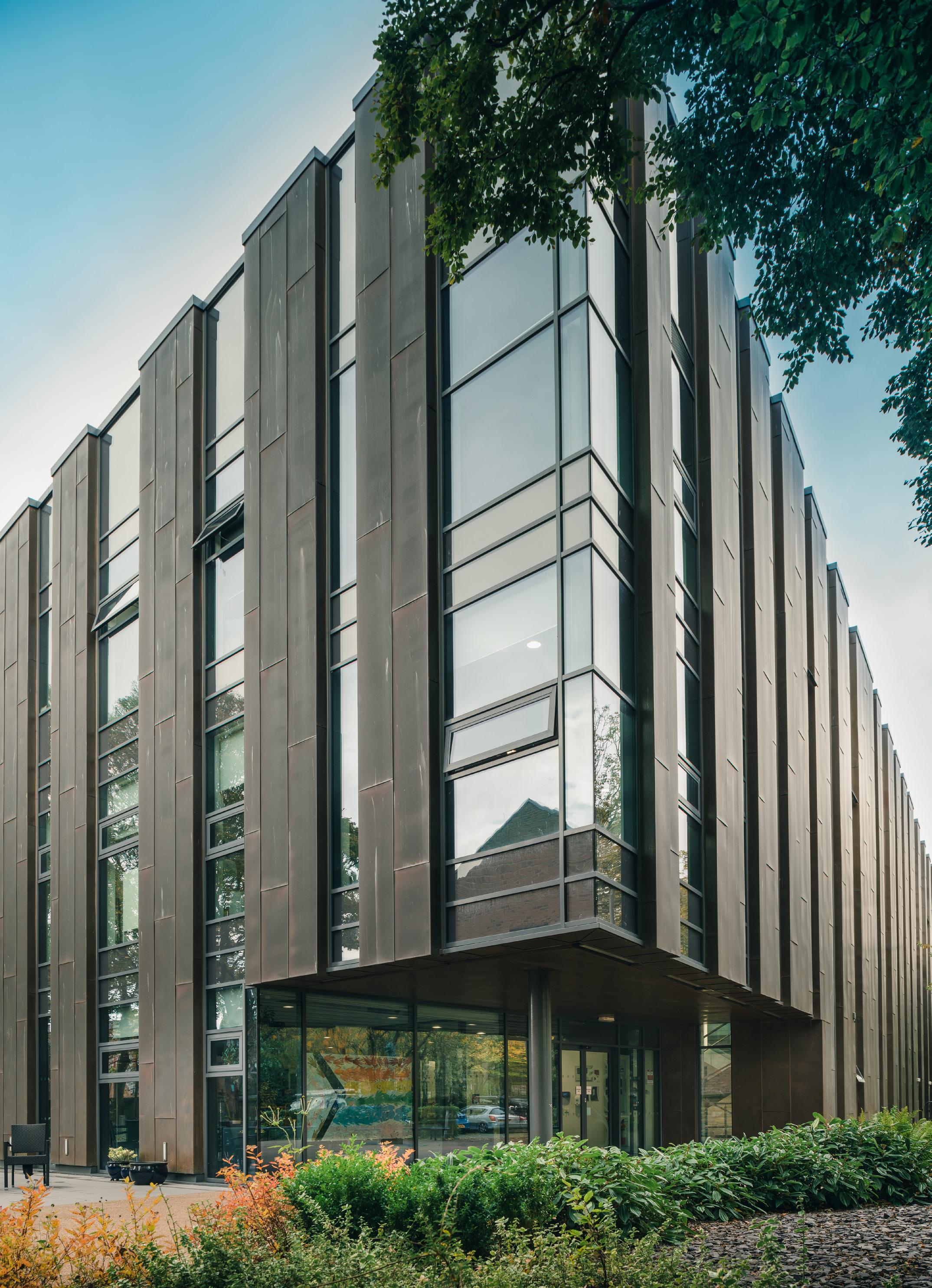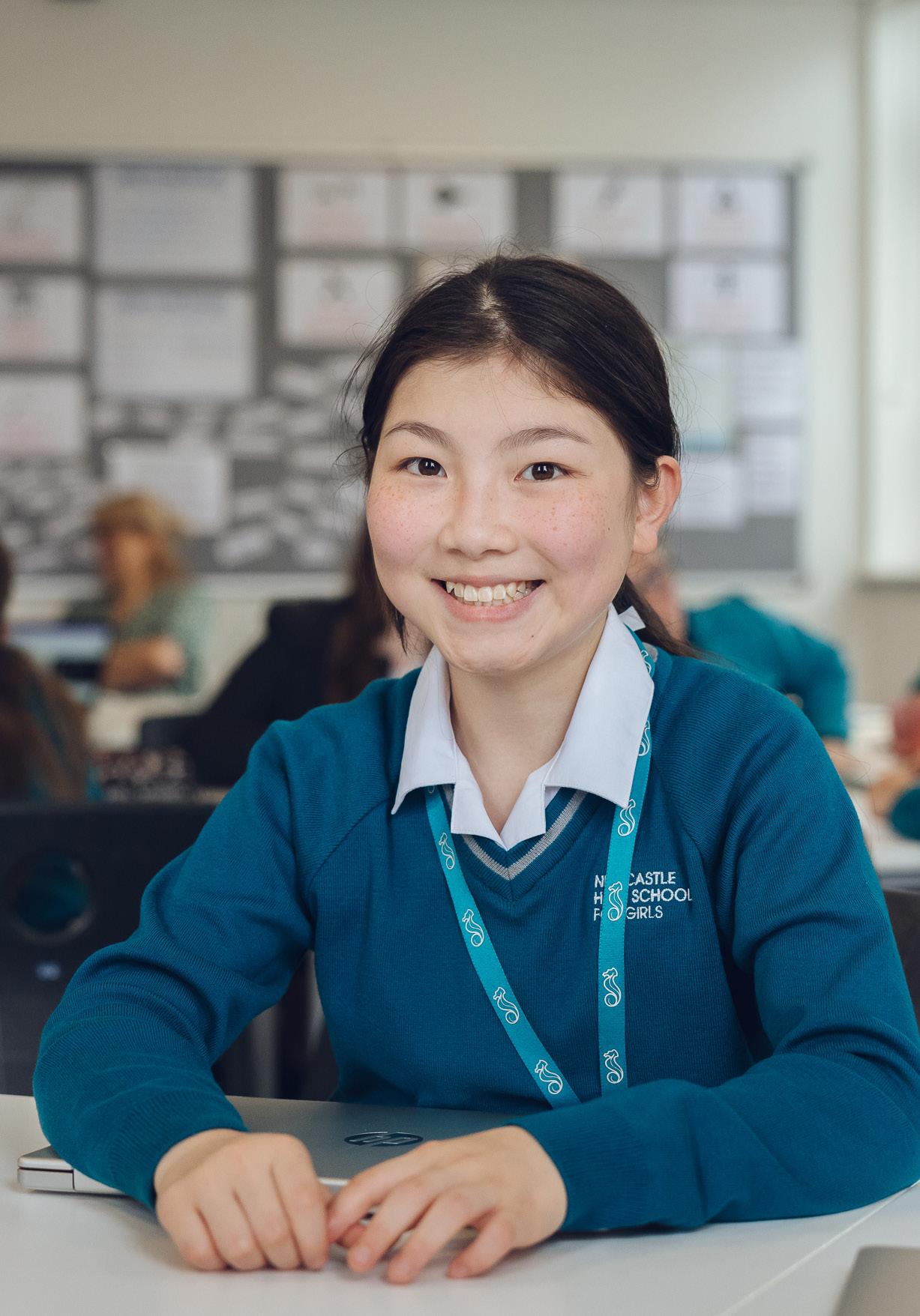
Key Stage 3 Curriculum (Years 7 - 9)
2026 - 29
Where girls learn without limits
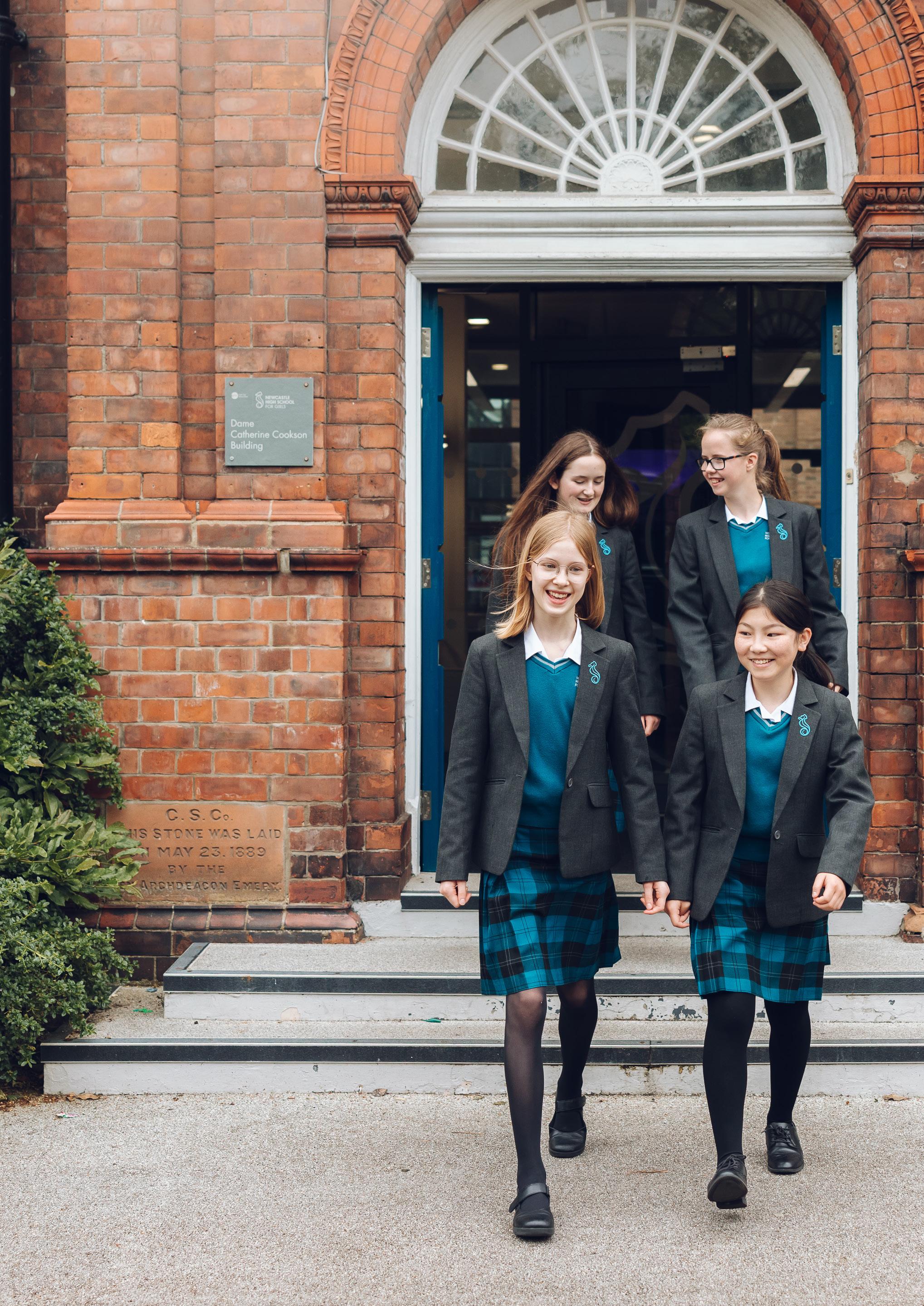

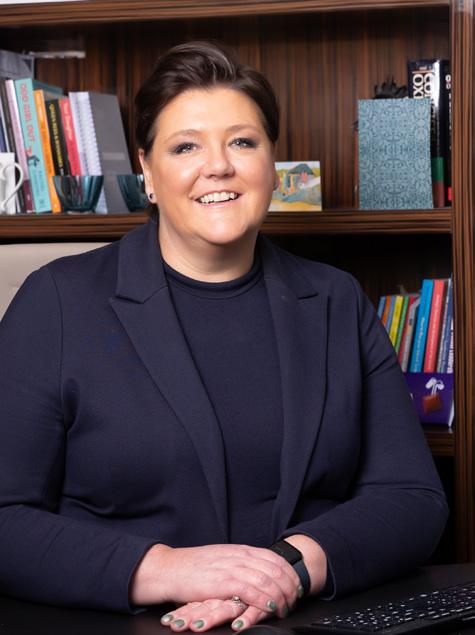


Key Stage 3 Curriculum (Years 7 - 9)
2026 - 29
Where girls learn without limits



Joining Senior School is an exciting step in your daughter’s learning journey.
In Key Stage 3 at Newcastle High, we offer a broad and balanced curriculum, encompassing a wide range of subjects, from Science to languages, from Performing Arts to IT, with the aim of enabling each individual girl to follow her passion and to reach her potential. Our curriculum is designed to develop skilled and independent learners, who have a genuine desire to explore the world around them. We nurture intellectual curiosity, and encourage our girls to develop independence of thought and a willingness to respectfully challenge ideas.
In addition to academic excellence, we place emphasis on emotional wellbeing and pastoral support to create a happy and secure learning environment for our girls, and the exciting learning spaces we have specifically designed ensure that there are ample opportunities for collaboration and enquiry at the heart of our curriculum offer.
To support the curriculum, we explore common learning behaviours and characteristics that all girls need to be successful learners and work with each individual girl to identify her own individual barriers to learning and to develop strategies to help her overcome them, enabling her to be the best she can be.
As your daughter progresses through Key Stage 3, the wealth of opportunities available to her, within and beyond the curriculum, will allow her to further develop a genuine love of learning, a firm sense of self, her own moral compass and the skills and attributes to grow as a leader.
I look forward to seeing her flourish within our Senior School learning community!
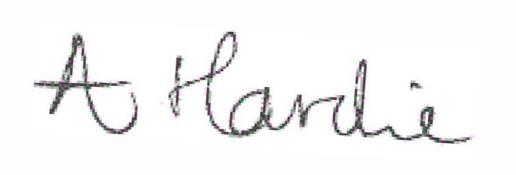
Mrs A Hardie Head
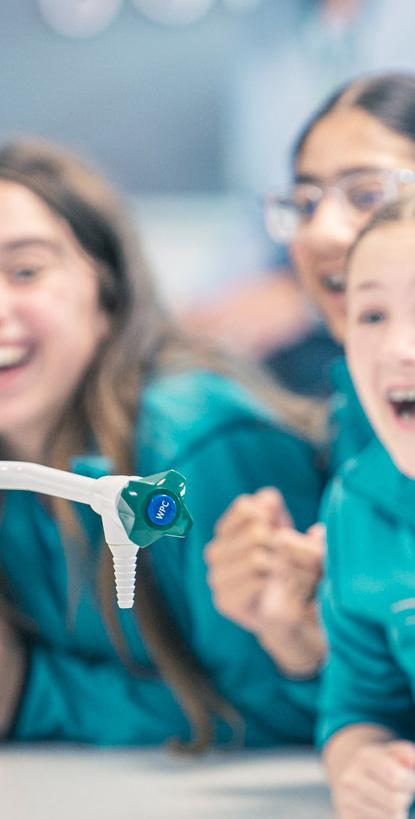
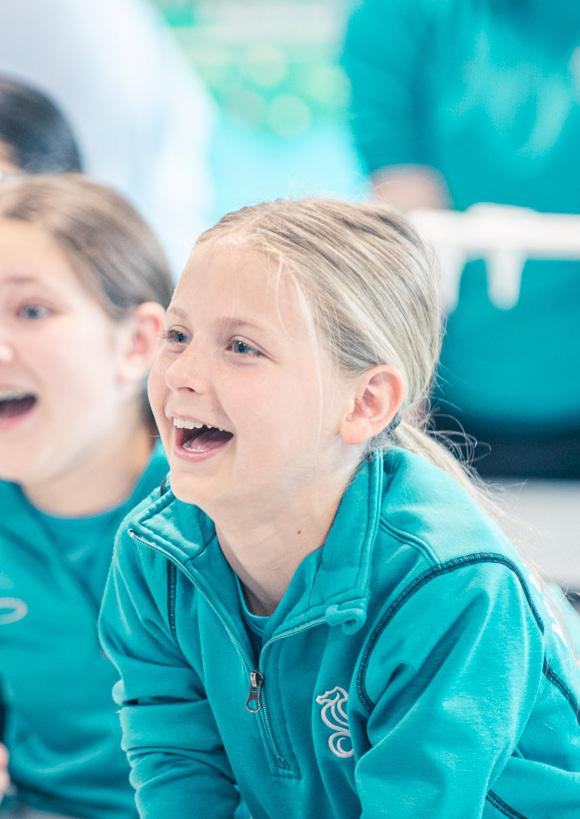
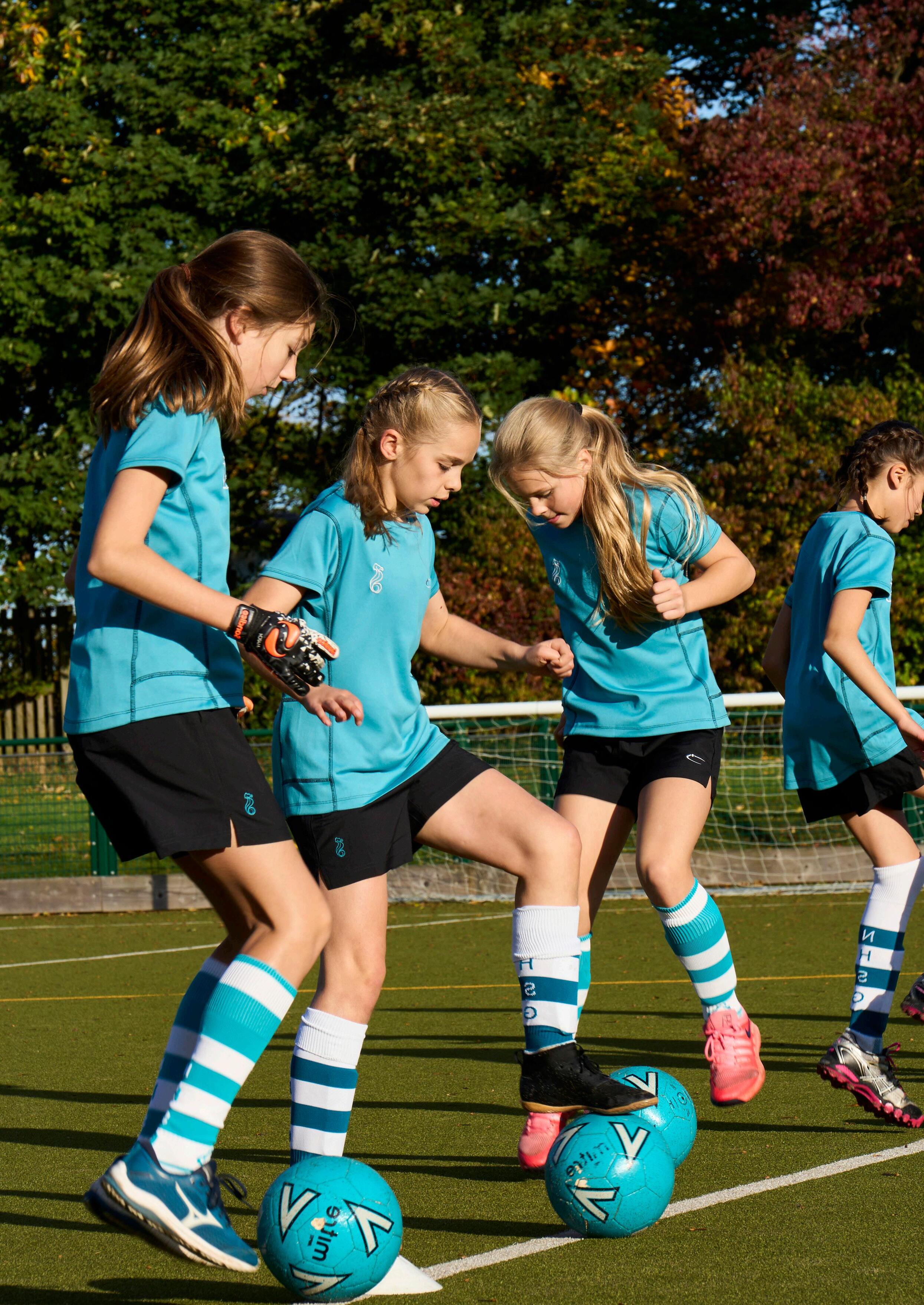
Head of Year 7
Subject
Art and Design
Classics
Computing
Dance
Drama
English
Modern Foreign Languages
Geography
History
Mathematics
Music
Physical Education
Religious Studies
Science

If you would like to discuss an individual subject you are welcome to contact any of the staff listed below.
Mrs K Thew
Miss A Goldie
k.thew@ncl.gdst.net
a.goldie@ncl.gdst.net
Mrs N Cameron n.cameron@ncl.gdst.net
Mr L Willis
Mrs D Hylton
Mrs A Dobson
Mr A Caulfield
Mr G Bignot
Mrs S Mawhinney
l.willis@ncl.gdst,.net
d.hylton@ncl.gdst.net
a.dobson@ncl.gdst.net
a.caulfield@ncl.gdst.net
g.bignot@ncl.gdst.net
s.mawhinney@ncl.gdst.net
Mr D Hyde d.hyde@ncl.gdst.net
Mrs J Tasker j.tasker@ncl.gdst.net
Mrs K Waters k.waters@ncl.gdst.net
Miss S Penny
s.penny@ncl.gdst.net
Mrs L Dodd l.dodd@ncl.gdst.net
Mrs Waton
e.waton@ncl.gdst.net
The ethos of the Art and Design department has always been to make Art and Design enjoyable and accessible for every girl in the School. This culminates in the Unendorsed Option at GCSE which enables girls to study a variety of disciplines such as Fine Art, Sculpture, Graphics and Textiles, and then potentially go on to study one or more Art based A Levels. The A Level choices also enable our girls to follow their strengths in Art and Design as they can choose from Fine Art, Graphic Communication and Textiles.
During Key Stage 3, girls work on a variety of different projects; these may be Book Illustration, Sculpture, Fashion, Drawing and Painting and many other areas in the Art and Design genre. The girls are encouraged to take part in exhibitions and competitions throughout Years 7 to 9, and also during their GCSE and A Level years, whether they have taken Art and Design as an examination subject or not.
Every year we have exhibitions in the Art Department that all girls can be involved in. Girls also exhibit work that they have produced during their lessons in this space so that parents and friends can see what they have achieved. Visits to galleries such as the Laing and the Baltic further support learning.
During Key Stage 3, girls create designs and model them in the annual Fashion Show, which opens up the girls’ understanding of what they can achieve in Art and Design.
The Art Department is always open to all girls to use under supervision, and it is wonderful to see girls from Year 7 and above working alongside Sixth Form A Level pupils during lunchtimes and within lesson time.
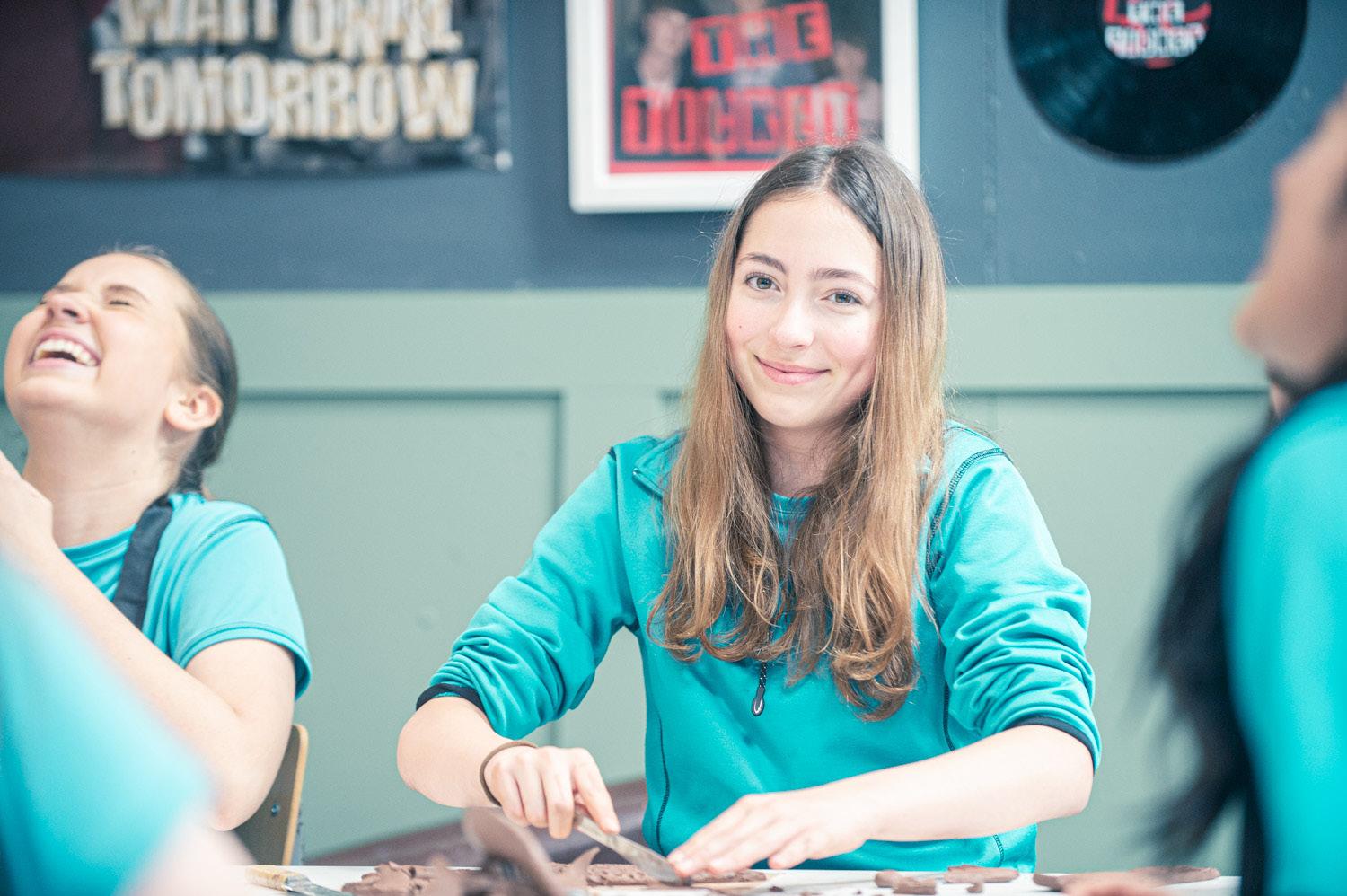
All pupils in Years 7 to 9 study either Latin or Classics.
In Latin, we follow the Suburani Latin Course, supported by an individual online account, which is used in lessons and can also be accessed by pupils in school for independent learning. The course covers an introduction to the Latin language, as well as exploring various aspects of Roman life and history, and some mythological stories, so that the course is a rich mix of language and culture. In Year 7 the stories are based in Rome and the associated Roman Life topics include housing, religion, chariot racing and the baths. In Years 8 and 9 the setting for the stories moves to Roman Britian and topics include the conquest of Britain, the Roman army and the site of Bath.
The Classics course explores more of the Roman Life and mythology elements in greater depth, without the study of the Latin language. This course also explores ancient Greek culture and mythology, with topics on the Olympic Games and the Oracle at Delphi, amongst many others. The Classics course provides an excellent foundation for the study of GCSE Classical Civilisation.
Classroom study in both subjects is complemented by trips to local museums and forts. As well as these curriculum trips, the Classics Department offers the opportunity to study Classical Greek in a lunchtime club and to take part in competitions such as the Regional Inter-Schools Classics Quiz.
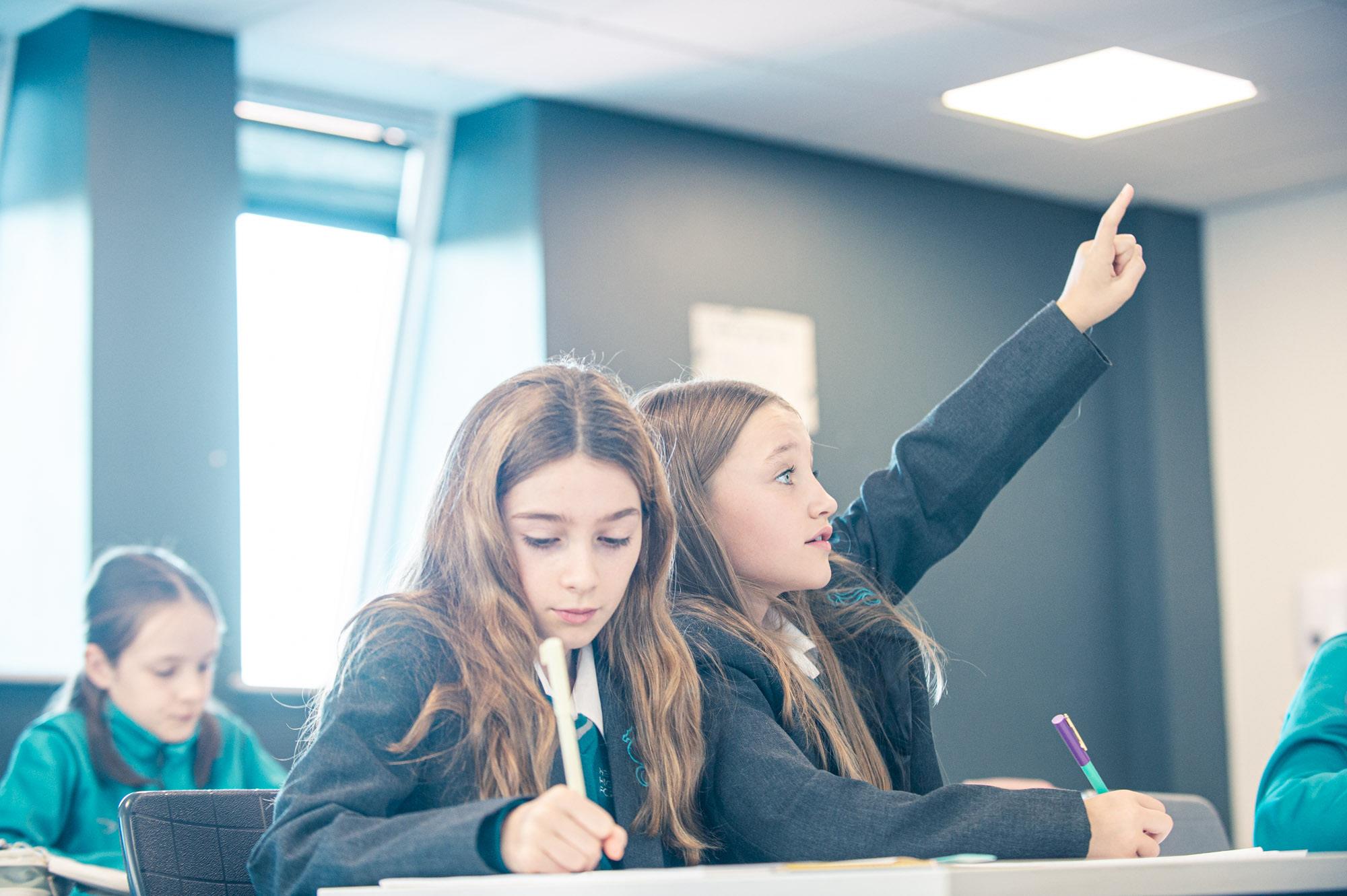
Our Computing curriculum has been developed alongside the National Centre of Computing Education’s computing taxonomy to ensure comprehensive coverage of the subject. Pupils will cover the subjects stated below whilst leading with concepts, working together, getting hands on, modelling everything, creating projects and challenging misconceptions. There is a range of formative and summative assessment throughout the schemes of work and pupils will complete Key Stage 3 with a range of digital and personal skills that can be applied to GCSE Computer Science.
The Key Stage 3 curriculum covers the following:
Year 7
• Impact of Technology : Collaborating online respectfully
Identifying how to use online collaboration tools respectfully. An introduction to the computing lab.
• Networks: from semaphores to the internet
Recognising networking hardware and explaining how networking components are used for communication.
• Using media: gaining support for a cause
Creating a digital product for a real-world cause.
• Programming essentials in Scratch
Applying the programming constructs of sequence, selection, and iteration in Scratch.
• Modelling data : spreadsheets
Sorting and filtering data and using formulas and functions in spreadsheet software.
Year 8
• Developing for the web
• Using HTML and CSS to create web pages
• Mobile app development
• Using event-driven programming to create an online gaming app
• Exploring the fundamental elements that make up a computer system
• Introduction to Python programming
• Applying the programming constructs of sequence, selection and iteration in Python.
Year 9
• Computing Basics
Learn how computers work, including hardware, software, and how data is stored and processed.
• Programming Skills
Get hands-on experience writing simple programs, solving problems, and understanding algorithms.
• Digital Safety
Discover how to stay safe online and protect your information.
• Real-World Applications
Explore how computer science is used in everyday life— from apps and games to cybersecurity.
As a proud CyberFirst Silver School, the department enriches learning through guest speakers, national competitions, and local conferences. Pupils also attend the Sage STEM event at St James’ Park and can participate in co-curricular clubs focused on coding and e-sports, with opportunities to compete both nationally and internationally. This year, the department is also taking part in the LEGO League, where pupils will explore robotics through hands-on club activities.
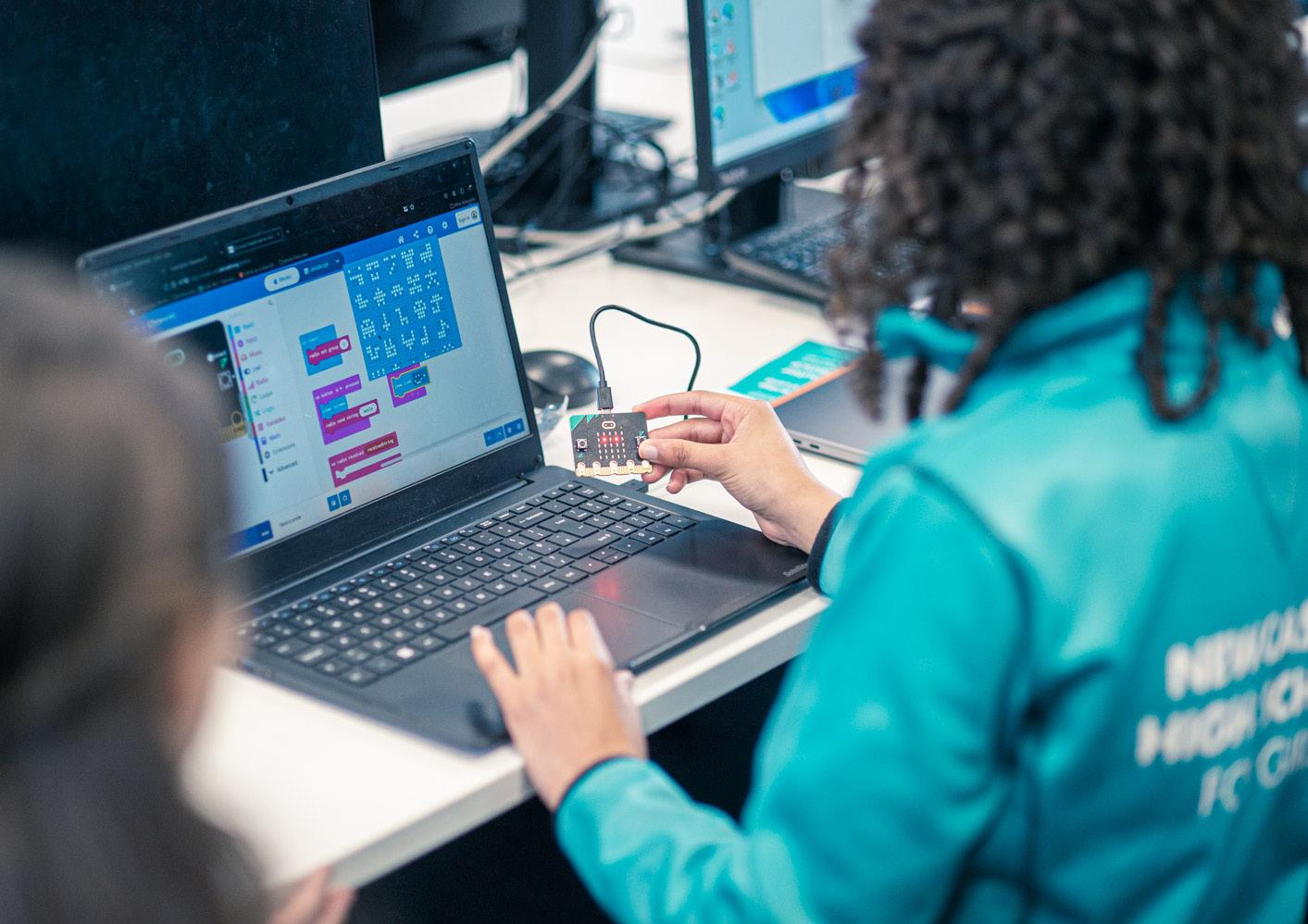
At NHSG, Dance is valued as an art form that promotes moral decisions, positive attitudes and diversity as well as fitness, a healthy lifestyle, team working and creativity.
It combines skills from all subject areas and enhances social interaction both in and out of School. During crosscurricular sessions, girls will be able to recognise and use their transferable skills and consolidate their learning through project based collaborations. Your daughter will gain an insight into her aptitude, abilities and preferences through Key Stage 3, GCSE and A Level Dance courses of study, thus providing a valuable grounding for life-long physical and artistic learning.
Our Dance Studio provides an ideal space for our Dance lessons and co-curricular activities. With specialist Dance teachers, we are oozing with passion and enthusiasm for the art form which is instilled in our girls.
Girls at NHSG find that Dance is not only challenging but that it also provides them with the opportunity to explore ideas creatively in an alternative learning environment both in lessons and co-curricular activities. Collaboration with other Performing Arts subjects allows girls to access the full range of skills and areas of interest the Arts have to offer, providing a truly unique learning experience.
During the three year Dance course, girls develop:
• An understanding of the physical and expressive skills required for an effective performance.
• Safe practice techniques in Dance.
• Composition and choreographic skills.
• The ability to realise creative ideas from a starting point into choreography.
• Critical appreciation and analytical skills through the study of professional Dance works.
Girls develop these skills through individual and group-based tasks.
Girls are assessed formally at the end of each unit on their practical work.
Dance
Dance Clubs are open to all ages and abilities and provide an excellent opportunity to work alongside girls from other Year Groups. Girls who participate in Dance Clubs perform their work in the annual Dance Show.
A number of theatre trips and workshops are organised for girls to sign up to each year. Including trips to local theatres, Phoenix Dance Theatre in Leeds and residential trips to London and New York. We also invite Dance artists, such as dancers from Matthew Bourne’s Dance Company and West End Theatre stars to deliver workshops in school.
Performing Arts subjects collaborate to produce an annual School Musical, and auditions are open to every girl in Years 7 to 13.
A selection of girls are invited to attend the Trust Day of Dance. This event provides an excellent opportunity for girls to network with pupils from other GDST schools and share their skills, experiences and passion for Dance.
Gateway is a professional dance organisation based in the North East, specialising in professional, educational and community work. Gateway deliver all aspects of the Dance curriculum which provides pupils with access to leading dance Conservatoires through our NSCD+ programme, outside of school. Through our relationship with Gateway and Dance Cities Centre For Advance Training, guest artists are invited into school each year to ‘talent spot’ our girls who are interested in pursuing a career in Dance. Last year a number of our girls were invited to attend auditions for both training programmes and were successful in being offered a place.
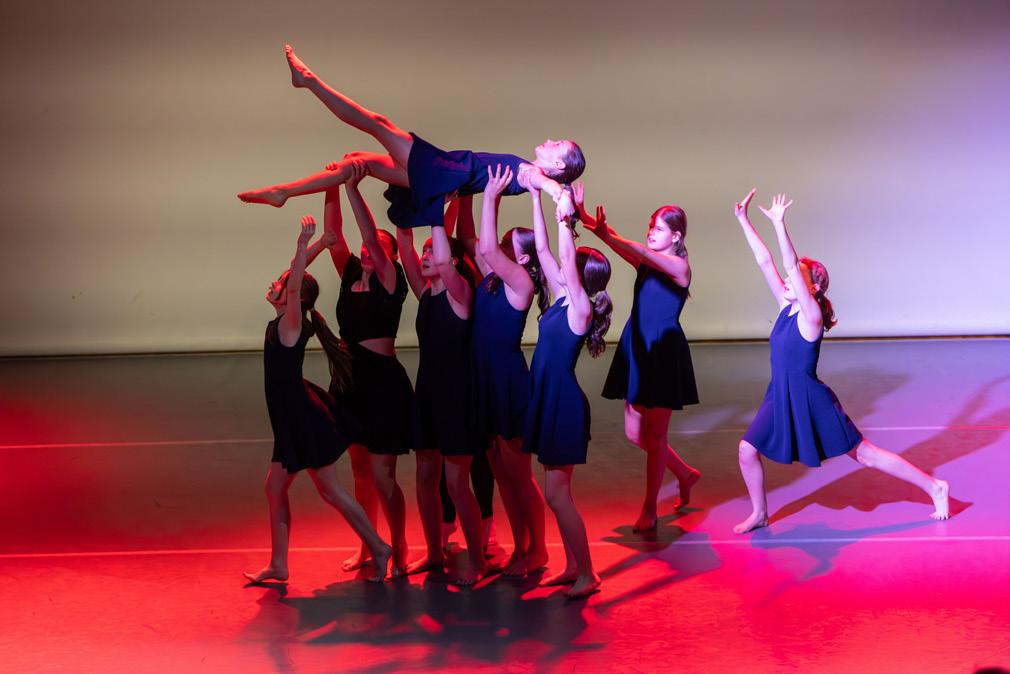

Drama in Key Stage 3 is a progressive course, covering modules which centre on specific practical skills and techniques, as well as the language and form of theatre. Classes, held in The Space and The Place at school, are largely practical and focus on both improvisation and scripted work.
Year 7 begins with an introduction to foundation Drama skills and storytelling. This leads into devised activities and voice work. There is a huge emphasis on group work and communication skills. Year 7 is a chance for girls to express themselves creatively and also to develop their confidence.
Year 8 sees the development of Drama vocabulary in conjunction with intermediate devising and vocal skills. Group work is extended here and girls have a sense of freedom in their devising, making choices as part of a team.
Year 9 includes some more sophisticated role play and a focus on ‘issues’ which can be explored through Drama. Physicality of a role is explored and girls are given a strong foundation for GCSE. We also collaborate with the Music and Dance departments for Musical Theatre.
Drama
Girls in Years 7-10 are able to participate in our weekly Drama Club. This is a lunchtime club and is run by our Sixth Form Drama enthusiasts who are all qualifying for their Gold Arts Award. Girls develop their improvisation skills and create their own pieces of Drama. This culminates with a public performance in the Summer Term.
This is one of the biggest events in the school calendar: a full-scale musical, performed in our own high spec Performing Arts facility. Girls from all age groups can participate and we usually boast an 80+ cast. Previous productions have included Grease, High School Musical, Les Misérables and last year we welcomed everyone to our very own world of imagination, Charlie and the Chocolate Factory.
We organise many trips to the theatre. Some of these are part of the curriculum and have included trips to see Wicked and Matilda.
We are able to provide Speech and Drama lessons with specialist peripatetic Drama teachers. These are private lessons and can be taken as an individual or in a paired lesson. Girls can choose to focus on Acting, Verse and Prose or Public Speaking. Girls can then be entered for LAMDA qualifications which, at Gold Level, can earn UCAS points for university entrance. Girls may wish to take lessons in order to gain qualifications or some may choose to have lessons as a non-exam entrant, and use the time to improve their speaking skills.
The study of English has obvious benefits for all girls. We offer a solid grounding in writing and understanding the language that girls will be able to draw upon for the rest of their lives. However, English also offers so much more! We encourage a knowledge and love of literature, an understanding of the cultural diversity that makes our language so rich and offer opportunities to be adventurous and creative across all key stages. The English department is focussed on developing the skills needed to be critical, analytical and creative thinkers.
At Key Stage 3, our programme of study delivers the skills to write in a wide range of different styles over the Key Stage. The language and literature texts covered are diverse and girls explore them in a variety of ways. These include digital narrative, independent research, group tasks and drama work.
The curriculum covers a huge range of texts, styles and purposes of language, with work on the novel Boy at the Back of the Class, a selection of poetry, Shakespeare’s female characters, a biography project based on the Rebel Girls podcast and a range of nonfiction texts. It is a foundation year and there are opportunities to develop all sorts of new skills in reading, writing, speaking and listening.
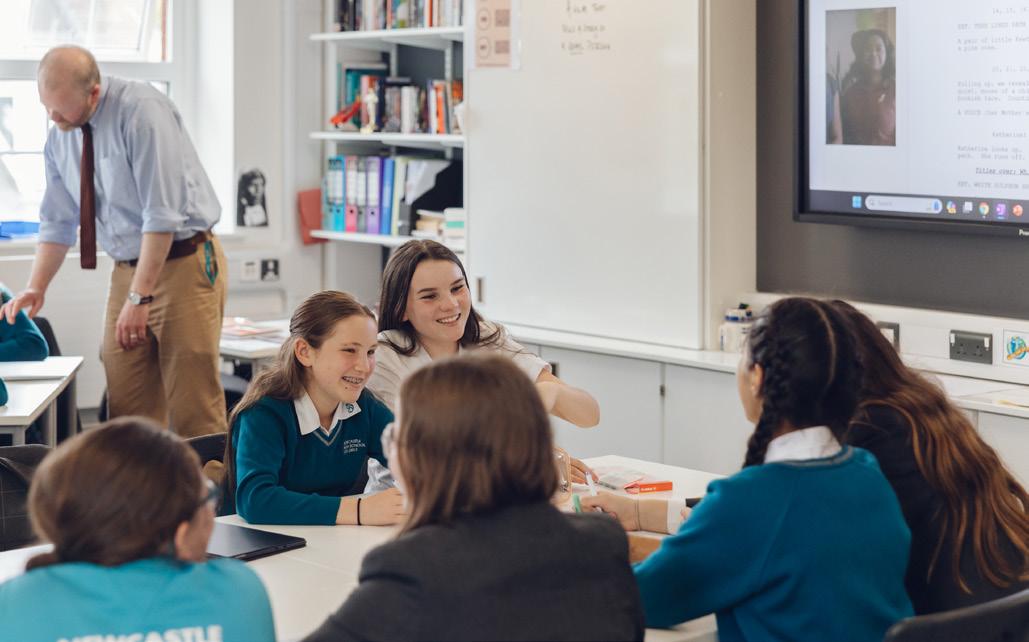
This year picks up and enhances the skills introduced in Year 7. The texts are more challenging exploring writers such as Philip Pullman and the genre of detective fiction. The emphasis is upon tackling these more challenging texts in an interactive and lively way. There is a unit of exploring diversity in multicultural Britain through poetry in this year and girls have the opportunity to develop their creative writing skills in more detail.
We begin to introduce the skills required at GCSE. There is a unit studying a range of short stories, which culminates in the creation of a short story. Skills of analysis are honed this year, with some challenging contemporary drama such as The Princess and The Hustler by Chinonyerem Odimba. There is a particular focus on developing analytical skills in readiness for the demands of the GCSE English Language and English Literature courses as well as writing for a range of different purposes and genres.
The English staff contribute to the co-curricular life of the School in a number of ways. Trips and experiences within school are an important part of our subject. In usual times, we run theatre trips for all ages. We organise events with visiting writers and support extracurricular activities such as debate club, film club, and the school newspaper society. We also offer reading groups for different ages and opportunities to enter both national and local writing competitions.
Our key motivation in Key Stage 3 Geography is to inspire in the girls a curiosity and fascination about the world and its people that will remain with them for the rest of their lives. In the Geography Department, we are passionate about our subject. The Geography curriculum is delivered through innovative and dynamic lessons which enable girls to develop a great range of geographical knowledge and skills.
These include:
• Discussion and debate.
• Analysis and evaluation.
•Collaboration and communication.
• Independent thinking.
• Enquiry skills.
• Empathy and understanding.
In Year 7, girls will be introduced to a range of physical and human geography topics and some core geographical skills. These include:
• Living spaces – sustainability focus.
• Geographical skills – OS maps, graphical skills and analysis, describing photographs and geographical information.
•Antarctica – sustainable tourism focus.
In Year 8, girls will learn and develop an understanding of a range of geographical topics, including:
•Africa and Development issues – inequalities and wealth.
• Physical processes – Ice on the land.
• Antarctica – ecosystem and an area under threat. In the Summer Term there is a two day field trip to the Lake District where the girls get to experience an upland glaciated area and carry out enquiry work in Keswick and Grasmere.
In Year 9, girls continue to develop their knowledge and understanding of both physical and human Geography and even get a head start on the IGCSE course. Topics include:
• Hazardous environments – earthquakes and volcanoes.
• Resource provision - energy
• Climate change
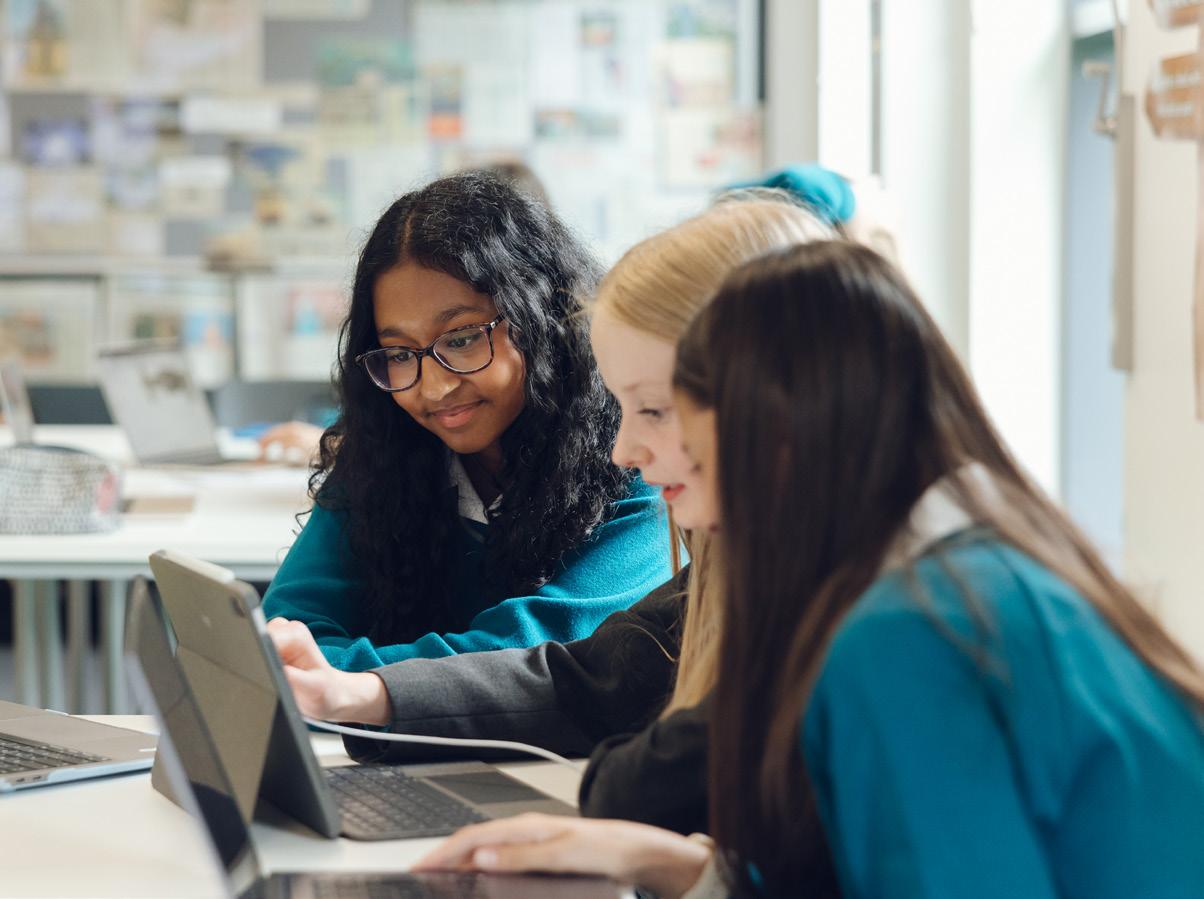
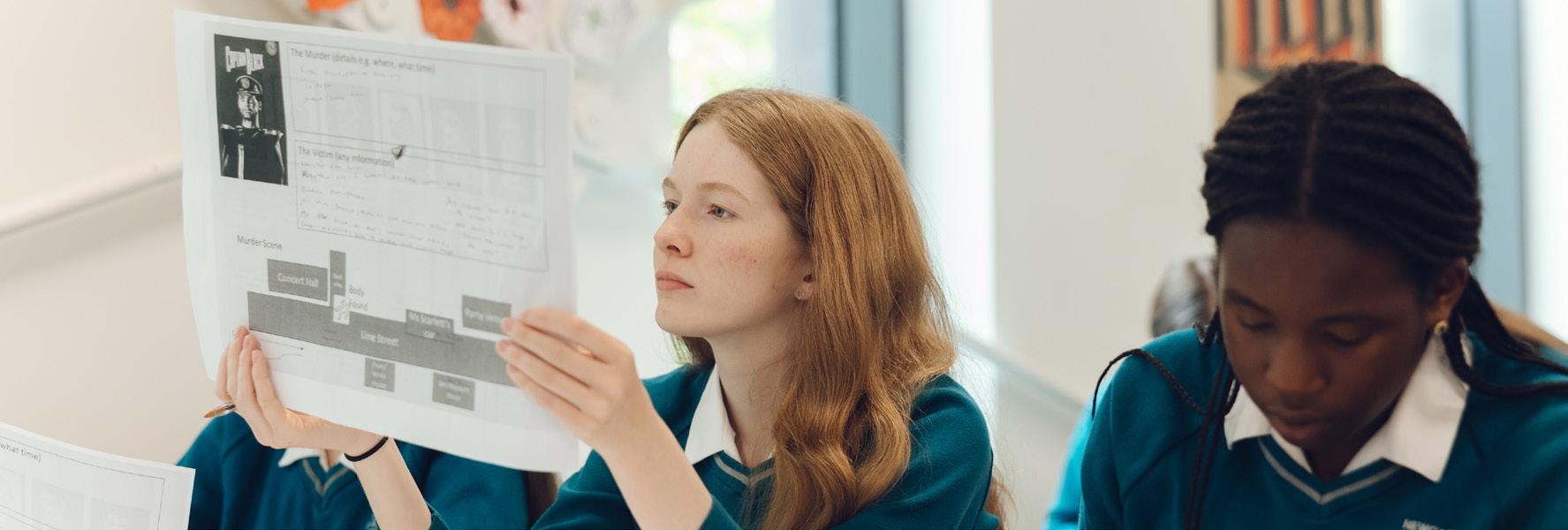
The History syllabus is chronological in Key Stage 3.
The Middle Ages is studied in Year 7.
• The contested throne of 1066 and the Battle of Hastings.
• The Norman conquest and consolidation of Norman rule.
• Queen Matilda- What the treatment of a female ruler tells us about women in the Middle Ages.
• The importance of religion in Medieval England through the murder of Thomas Becket and the Christian crusades to the Holy Land.
• Summer project work- Humanity and the Planet- a study of human relationships with animals, natural resources, landscape and the climate.
The period of the Renaissance and Reformation and a study of Britain’s imperial past and the legacy of colonialism is studied in Year 8.
• The Reformation in Europe and England - What were the differences that drove the split of Catholics and Protestants? How Henry VIII’s succession and desire for a divorce lead to the English Reformation.
• Mary I and Elizabeth I - Did female Tudor monarchs have more success than Queen Matilda?
• The English Civil War - What happened when England tried to rule without a King?
• Colonialism - Why did countries like Britain create Empires? How did it change the countries colonised and slavery.
• The Empire and India - How did it change over time? How did India seek independence? Why was the partition of India such an important event?
• What was the industrial revolution and how did it change the world?
The making of Modern Britain is studied in Year 9.
• The causes of World War I and British entry, the development of tactics in the war leading to Allied victory.
• The Russian revolution and development of communism.
• How Nazism led to the Final Solution.
• The fight for suffrage for British women and an independent project on key figures in interwar British life.
• How immigration changed modern Britain.
• How fashion, culture and leisure changed in post war Britain.
• How modern UK Prime Minister changed the UKThatcher and Blair.
• The battle for Civil Rights in the USA.
Our teaching methods are based around enquiry learning aimed at helping girls to develop a wide range of skills as well as informing them about the past and its relevance to them. Such skills include the ability to analyse evidence in a balanced way, analyse historical sources to detect bias, to develop some empathy with people and periods in the past, as well as the traditional skills of essay writing and communication. The department has a thriving History Society and offers numerous opportunities for pupils to pursue their own interests and be inspired through learning about the past.
The Key Stage 3 curriculum at NHSG is shaped by an understanding of the fundamental importance of Mathematics and its associated skills. Our curriculum will stretch, challenge, inspire and encourage creativity in our girls. The development of the transferable skills of application, problem solving, debate, justification and creative thinking underpins the Key Stage 3 Mathematics curriculum at our school. We aim to develop a highly positive attitude towards Mathematics in every girl, enabling all to think and communicate mathematically, precisely, logically and creatively. Staff use a wide variety of approaches in their teaching, which they adapt to suit all the girls in their groups. Teaching is differentiated to meet the needs of the girls and takes into account their various learning styles. We also run a Mathematics Club each week for each Year Group, at which pupils can receive help and support.
Key Stage 3 Curriculum
The study of Mathematics at Key Stage 3 develops subjects studied previously and provides an excellent grounding for studying the subject at higher levels.
Number and Algebra
Numbers are everywhere, but the value of algebra is not that obvious. Algebra works best when you need to generalise your findings. Girls will learn how to share knowledge with other people in an efficient, logical way, and will be able to use and apply algebra, draw graphs, analyse data and carry out calculations to validate their work.
Geometry is all around us. Having a grasp of geometrical constructions helps us better understand the surrounding world. Whether playing a game of Minecraft or piloting a spaceship, the principles of geometry guide our decision making. By knowing precisely how shapes and angles fit together to maintain stability, architects, engineers and builders are able to keep a house stable in high winds and allow it to withstand the weight of everything inside. Beautifully curved surfaces in steel, stone and glass would be impossible if not for the immense potential of Geometry and Trigonometry.
Statistics are used to analyse the world around us. Much of the information we have about the world around us was determined mathematically by using statistics. When used correctly, they allow us to identify trends in what happened in the past and can be useful in predicting what may happen in the future.
We enter all girls in Years 7, 8 and 9 into the UKMT Junior/Intermediate Mathematics Challenge. This competition is a chance for pupils to use their individual problem-solving skills. Girls are also chosen to take part in the Maths Team Challenge, where they work in a team of four to compete with pupils from other local schools.
At Key Stage 3, girls at NHSG study two modern foreign languages. All girls study Spanish, and they then choose between French and German.
All girls will then continue to study these two languages in Year 8 and Year 9. This allows each girl to make great progress and be ready to study their preferred language(s) at GCSE level.
The teaching of Modern Foreign Languages includes the use of technology in almost every lesson. Teachers use a variety of online resources and interactive activities. During the three years, we ensure that each girl learns to be independent and develops her confidence in all skills. Therefore, all our resources used in the classroom are also available from home. This offers girls the opportunity to consolidate their learning in their own time.
From Year 7, there are plenty of opportunities to use the languages learned outside the classroom. Key Stage 3 pupils can usually take part in trips abroad, such as France and Spain for example.
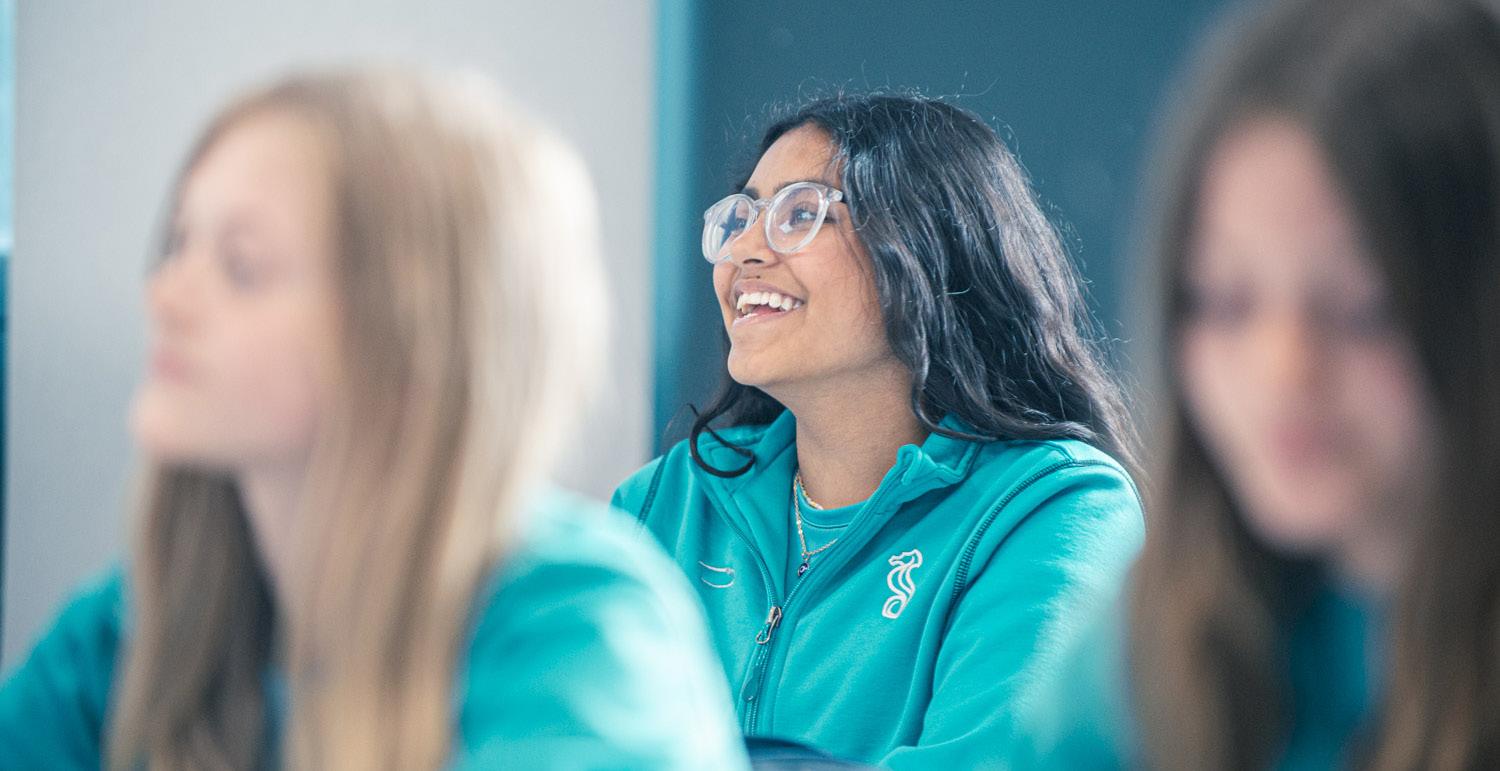
Music in Key Stage 3 is fun, lively and practical. It aims to break down barriers between Music as enjoyed at home, and Music in the classroom, with Music activity at the heart of each and every lesson. Girls learn about a huge range of topics, from studying Matilda the Musical to African percussion. Technology is at the heart of the curriculum; girls create their own adverts and compose and record music to go with them, and learn how to use Garageband, Pro Tools and Sibelius to create fantastic compositions. Girls are constantly creating, listening and performing in a huge range of styles. Solo and ensemble work is highly encouraged. It increases the girls’ confidence, and gives them a range of skills that are valuable in Music as well as their academic lives and beyond.
In Year 7, work focuses on core elements of Music. We use exciting frameworks in a variety of genres, from rock and pop to classical and jazz. Girls learn to sing in harmony, have regular performance opportunities, and develop good musical knowledge.
Moving into Year 8, girls develop their Music Technology skills and perform in groups and ensembles. Compositions are based on blues, baroque and world music pieces, and girls significantly broaden their musical knowledge.
In Year 9, girls achieve a basis for studying GCSE Music should they wish to. They work with media such as film to create soundtracks, and look at more complex structures through Minimalism and 20th century Music. Individual working is emphasised, and the girls develop important skills such as working in a band and notation composition.
A recent addition to our curriculum is our now famous Battle of the Bands competition, in which all the girls learn instruments and compete to become the best band in Year 9.
The Music School is incredibly well resourced. We boast both Recording and Performance Studios. There is also a suite of high quality isolated practice rooms and a dedicated ICT suite. In addition, there is a dedicated formal teaching suite for GCSE and A Level Music. Our excellent Music facilities and resources enable girls at NHSG to excel in their Music learning.
Co-curricular
Our co-curricular programme is extensive and encompasses Choir, Chamber Orchestra, Ukulele group, Guitar group, Composition club, and of course the school musical which runs from September to February. Pupils are also able to create their own groups and use the rehearsal spaces. There are numerous performance opportunities from lunchtime concerts to the Carol Service to the end of year festival.
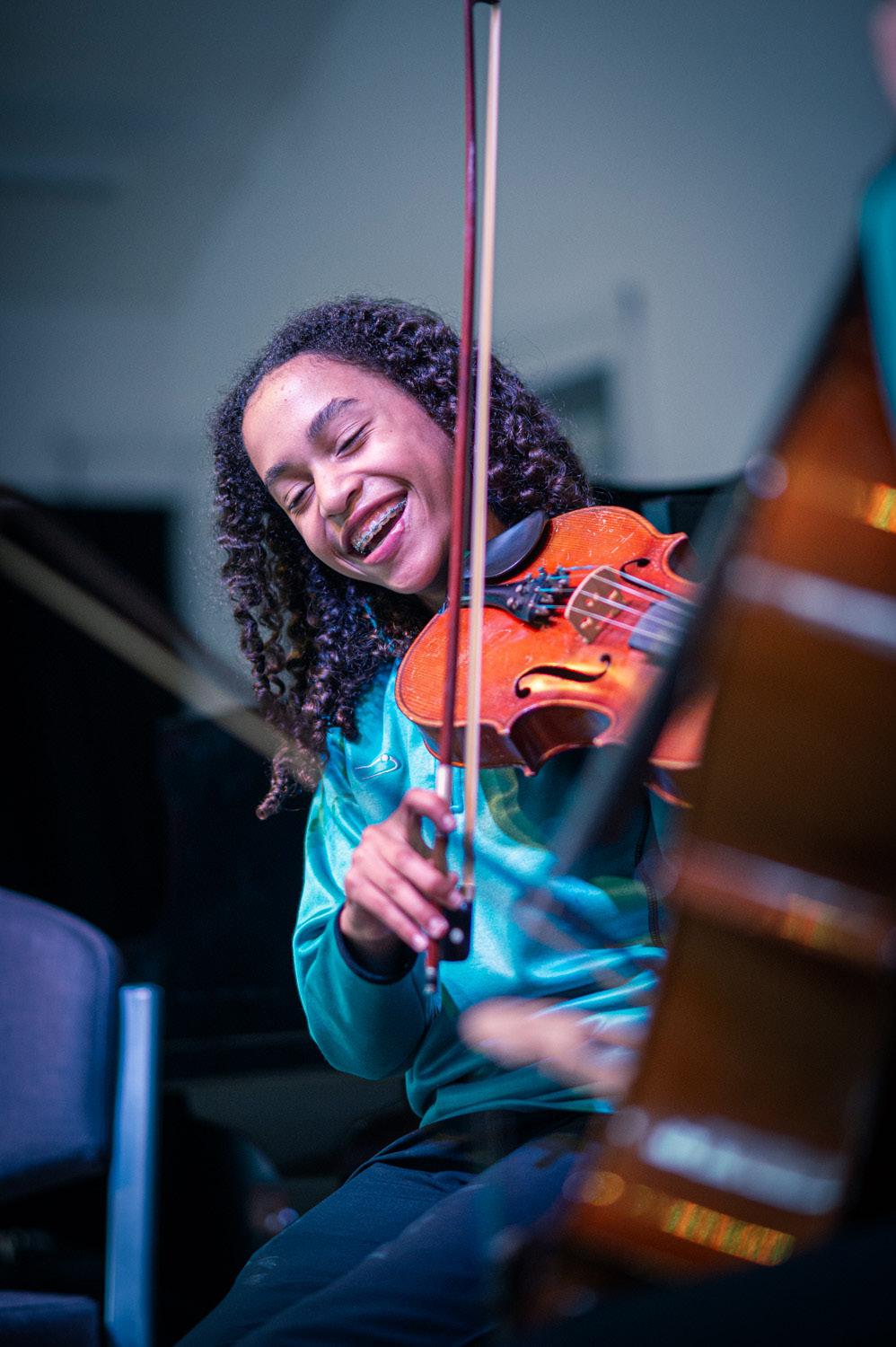
The specialist PE teachers who work with our girls from EYFS to Year 13 are dedicated to providing unrivalled sporting and recreational opportunities for girls. Fitness and health are inherent throughout the curriculum; an additional dedicated programme in Year 9 is focused on developing the girls’ awareness of the role of physical and mental wellbeing in a healthy lifestyle.
Our outstanding facilities, including two Sports Halls, a Fitness Suite, a full size astroturf pitch and four outdoor Netball/Tennis courts, ensure the curriculum and co-curricular programme are extensive and wide-ranging.
Competition is an important part of modern life. Girls get to play competitive sport regardless of their ability level. A to C teams for Netball and A and B teams for Hockey and most other sports, offer all girls the opportuntiy to represent the School.
Badminton, Cricket, Football, Gymnastics and Trampoline are all sports that are offered both as curricular and co-curricular activities.
We celebrate sporting achievement and participation at our annual Celebration of Sport evening in June. Attended by over 300 girls, parents and guests, it is a chance to recognise the contribution, commitment and achievements of all of our girls within the academic year.
Participation is the key to success in, and enjoyment of, physical activity. Girls enjoy our lessons and respond with enthusiasm to the challenges and opportunities offered to them. We are proud of our School and of everything the girls achieve. Great facilities, great teachers and a great atmosphere allow everyone to be the best they can be.
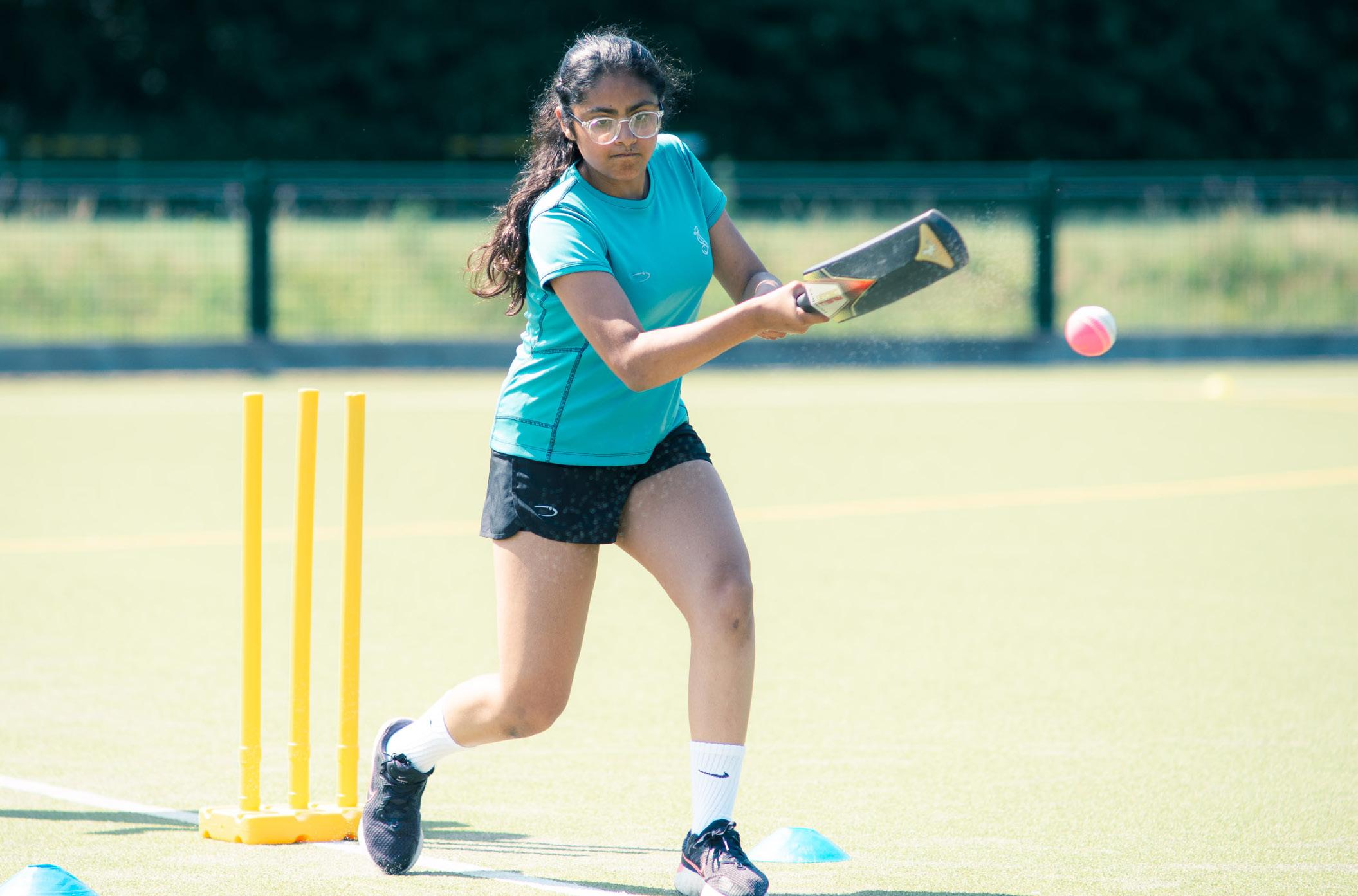

Newcastle High School for Girls offers Religious Studies and Philosophy to all girls from Year 7. Our aim is to ensure that the study of Religious Studies and Philosophy is both enjoyable and stimulating, equipping our girls with the skills, curiosity and confidence they will need for success during their School career and in the wider world beyond.
Why study Religious Studies and Philosophy?
Religious Studies makes a key and unique contribution to understanding British heritage, plurality and values. It provides an excellent opportunity for our girls to engage with contemporary contentious issues, developing social, cultural, political, philosophical and historical awareness.
Furthermore in Religious Studies our girls learn to respect themselves and understand their own identity, to respect others, and to understand their own and others’ rights and responsibilities. At a time when communities are becoming more diverse there is an even greater need for a more religiously literate, empathetic and tolerant society. Religious Studies plays a key role in creating social cohesion and generating genuine understanding between communities reducing friction, intolerance and social unrest.
The study of Philosophy greatly encourages our girls to be independent thinkers; to develop a questioning and rational approach to issues and ideas and to arm them with the skill of evaluation and ability to defend their own viewpoint coherently.
In Religious Studies at Key Stage 3, pupils are introduced to all the major world religions: Christianity, Islam, Judaism, Buddhism, Hinduism and Sikhism. These are studied through a systematic or thematic approach. Great care is taken to ensure our pupils learn to respect and appreciate the differences between traditions whilst being objective.
In Philosophy, girls undertake enquiries on a wide range of themes including Wealth and Poverty, Genocide, Morality, the Nature of Reality, Happiness and Arguments For and Against the Existence of God. They also look at a variety of great philosophers and their theories including Descartes, Plato and Aristotle.
What will your daughter gain?
Religious Studies and Philosophy is a rigorous and demanding academic discipline in its own right.
• It engenders analytical thinking and rigour in the search for truths in uncertain fields.
• It encourages philosophical thought, decision-making skills, collaboration and independent working skills and the search for compromise and conflict resolutions that work.
• It creates opportunities for girls to develop their skills of dialogue, interpretation and analysis in a coherent context.
All these are vital skills in a modern world where communication, collaboration and cooperation are core skills valued at university and by employers.
Girls will study Biology, Chemistry and Physics as discrete subjects in Year 7 and Year 8 with specialist teachers in our well equipped laboratories, before starting their GCSE topics in Year 9. The content of the Key Stage 3 curriculum is continually reviewed but is currently based on the National Curriculum. An understanding of Science is key to development in the modern world, so our curriculum will stretch, challenge, inspire and encourage creativity in our girls. The development of the transferable skills of application, problem solving, debate, justification and creative thinking underpins the Key Stage 3 Science curriculum at Newcastle High School for Girls.
At Key Stage 4, girls will continue to develop these skills, whilst either following the AQA GCSE Triology Award specification, or by studying all three separate AQA GCSE Sciences.
All three Science subjects are extremely popular at A Level.
The teaching of Science at Newcastle High School for Girls is supported by a full programme of practical work. The department is supported by a technician team who are responsible for servicing the practical requirements of all Science subjects. ICT is used regularly in lessons with laptops, data projectors, visualisers and interative whiteboards available.
We have seven state-of-the-art Science laboratories, a Science Studio, Science Demonstration Area and a roof top Science Terrace for outdoor experiments.
The Science Department is highly successful. As well as impressive examination results, we provide many other opportunities for girls, including a weekly STEM Club and Sustainability Club, involvement in Industrial Cadets Program (an engineering challenge), STEM challenge, workshops at the Centre of Life, opportunities to be involved in the Crest Award Scheme, online competitions, trips to Newcastle University and a visit by Discovery Zoo in Year 7, alongside workshops and opportunities to hear from guest speakers.
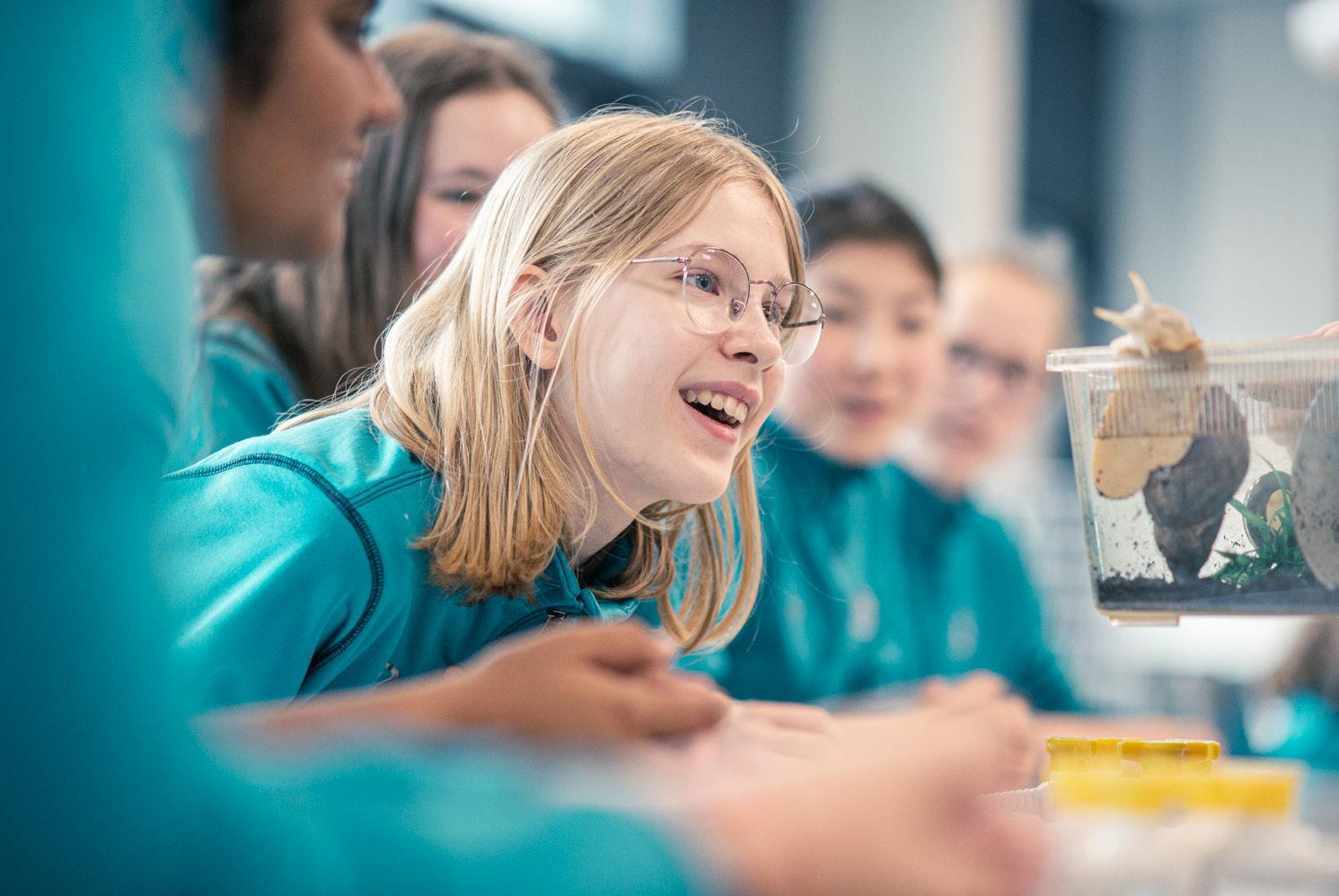

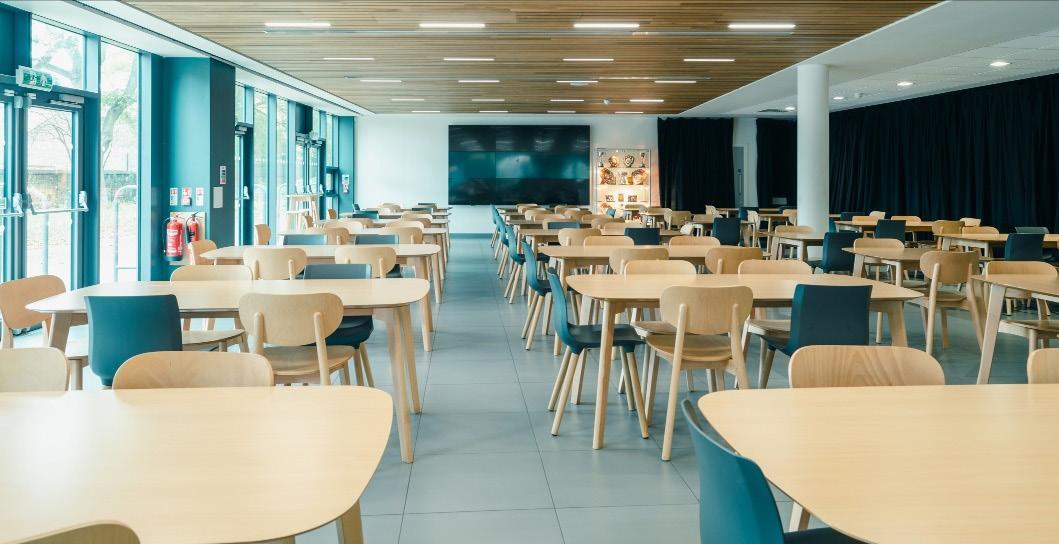
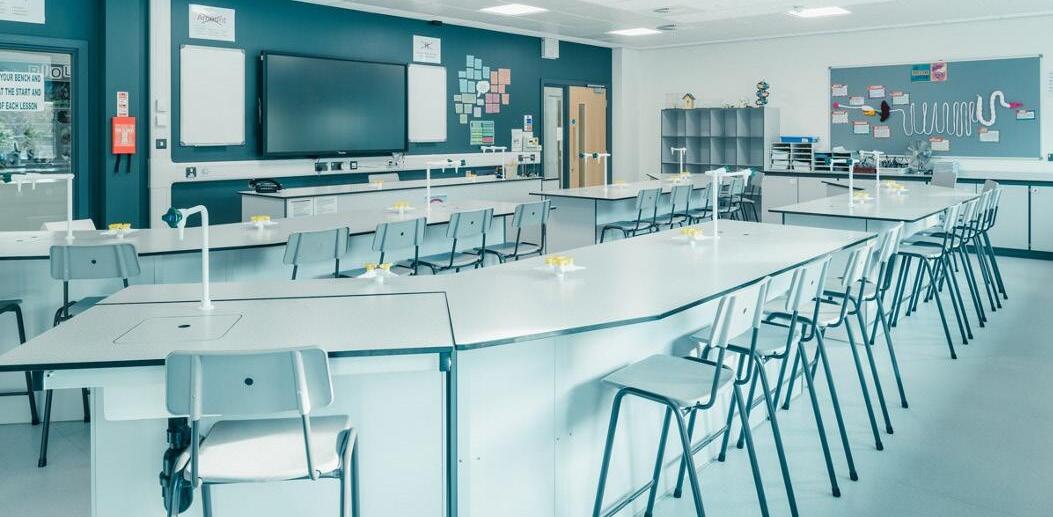
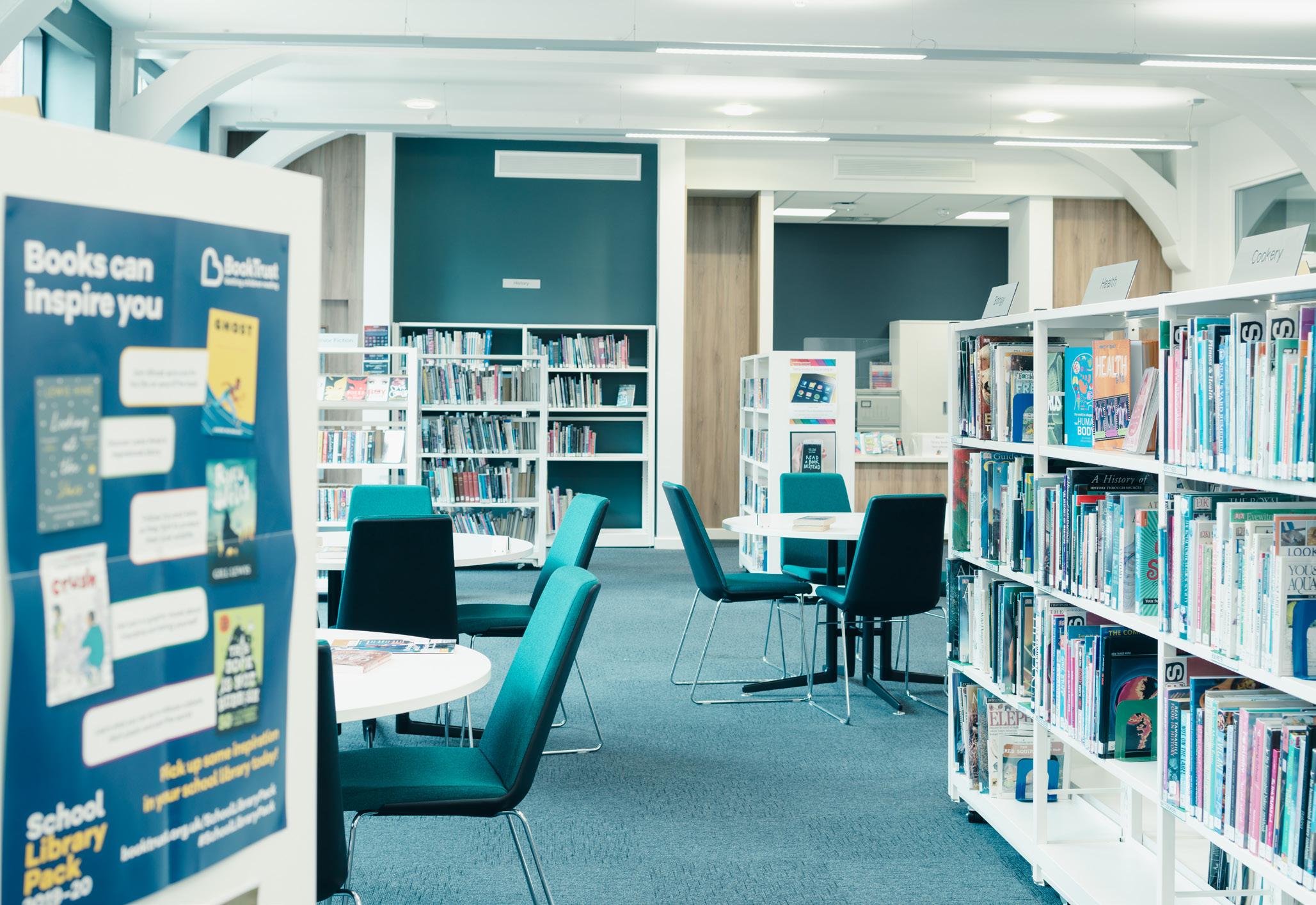
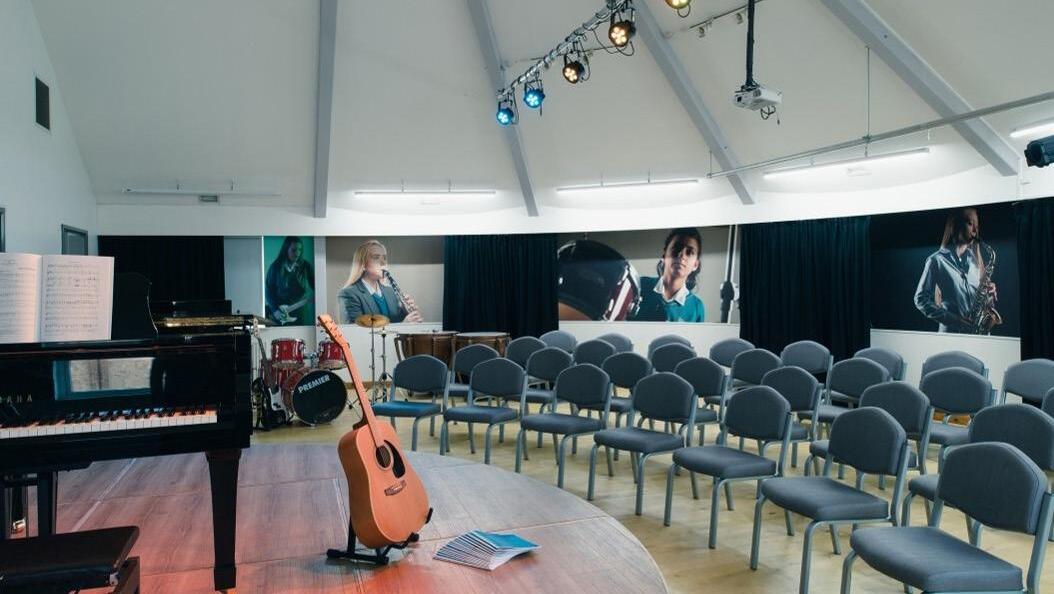
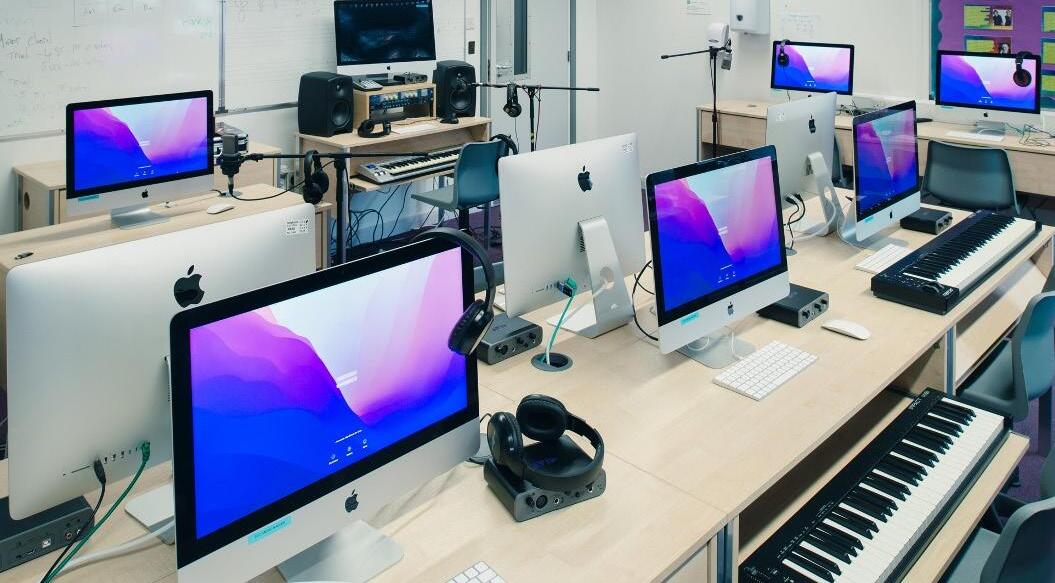
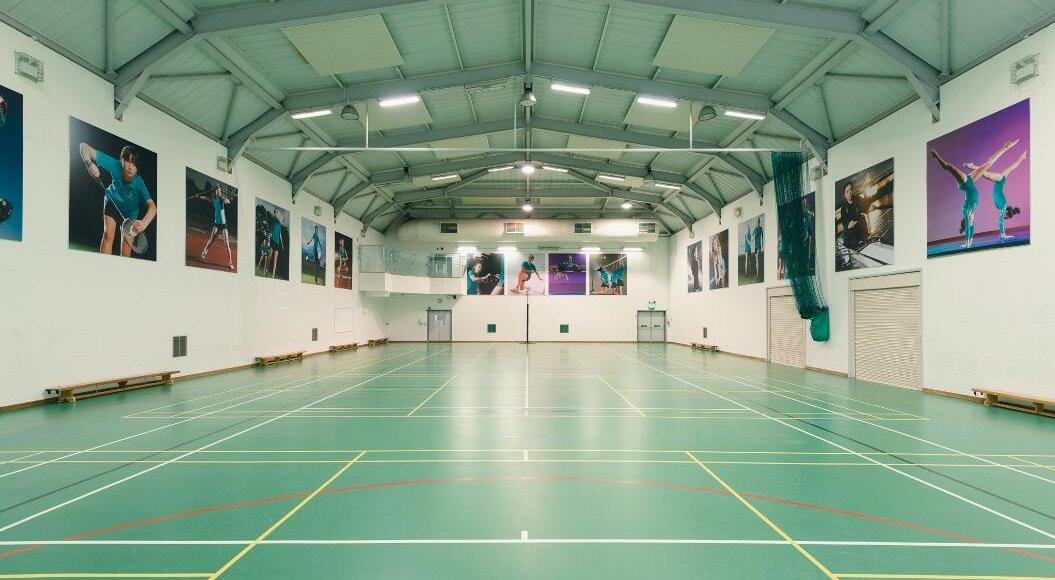
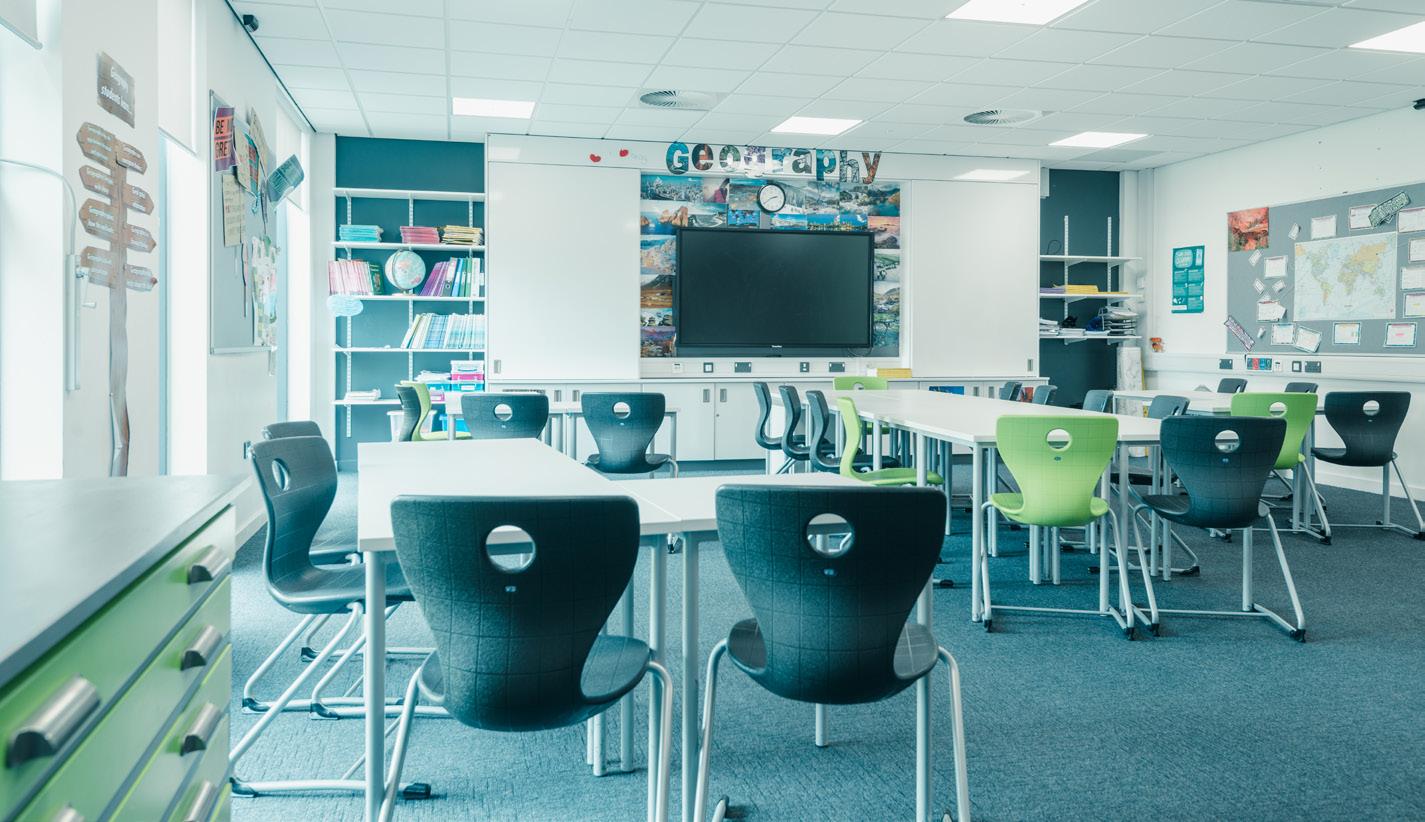
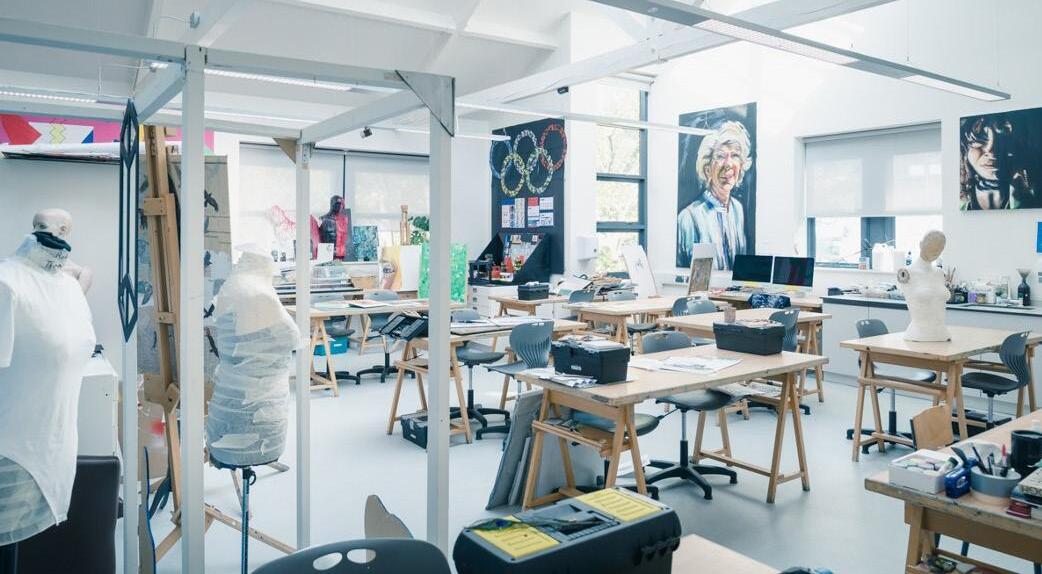
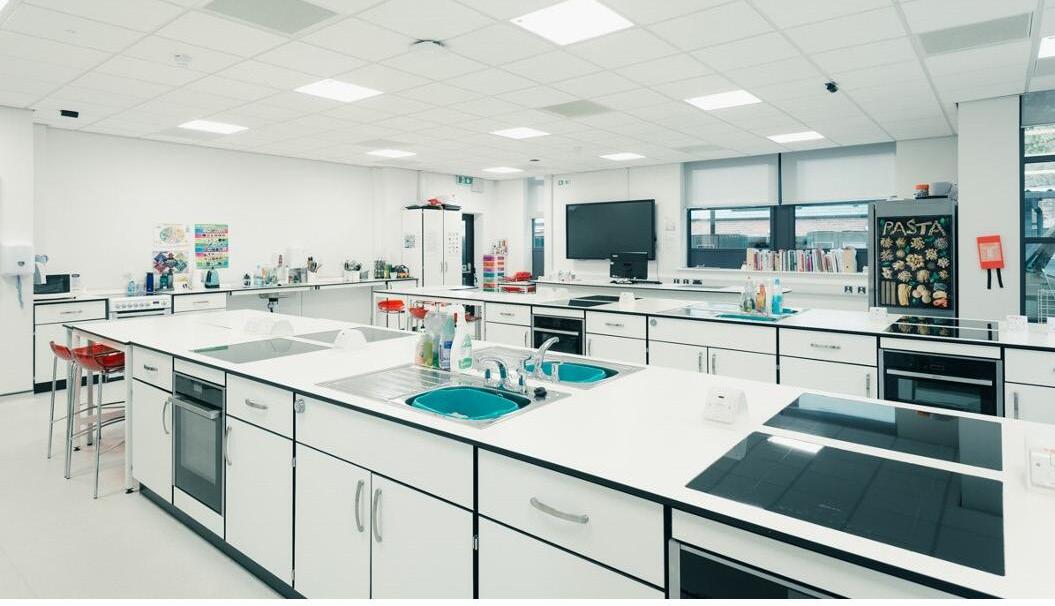
For all enquiries please contact our Admissions Manager on 0191 201 6511 or via email admissions@ncl.gdst.net
Senior School Tankerville Terrace Jesmond
Newcastle upon Tyne NE2 3BA 0191 281 1768
newcastlehigh.gdst.net
